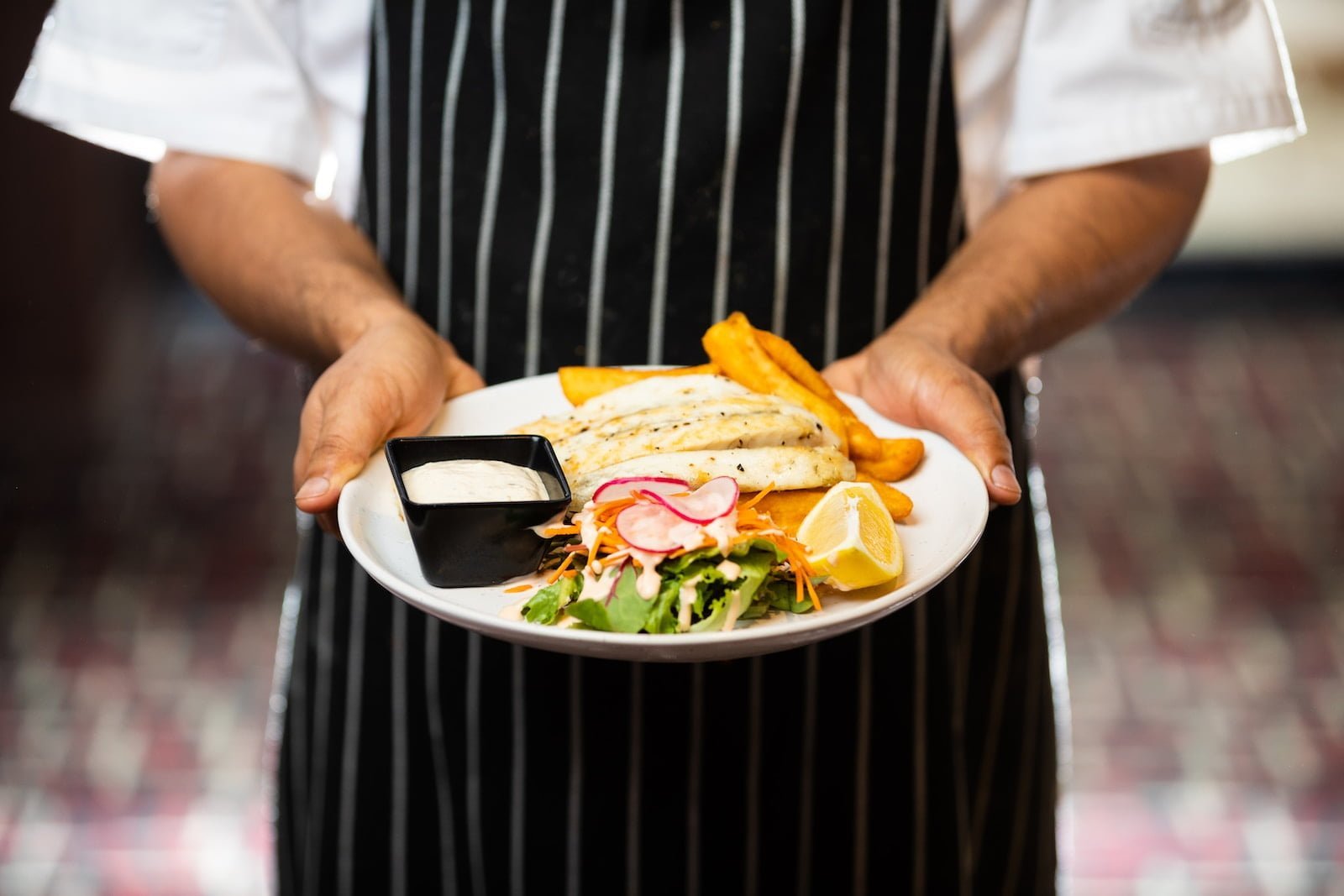
Guide for Personal Chefs in the UK: 10 Key Tips for Success
The culinary landscape in the UK is evolving, with a rising demand for personal chefs. According to the National Careers Service, the number of chefs in the UK is projected to grow by 11% over the next decade. This surge is driven by an increasing number of households seeking personalised culinary experiences and dietary needs catered to in the comfort of their homes.
However, to capitalise on this burgeoning market, personal chefs need to equip themselves with the right skills, knowledge, and strategies. Find out on our Personal chef Job Board list
- Role and Responsibilities of a Personal Chef
- Essential Skills Every Successful Personal Chef Must Possess
- The Importance of Culinary Education and Continuous Learning
- Building a Unique Culinary Style: Standing Out in the Market
- Networking and Building Relationships in the Culinary Industry
- Marketing Yourself: Creating a Strong Personal Brand as a Chef
- Pricing and Budgeting Tips for Personal Chefs
- Health and Safety Regulations: Ensuring Compliance in Your Practice
- Embracing Technology: Utilising Digital Tools for Efficiency and Growth
- Maintaining Work-Life Balance: Avoiding Burnout in the Culinary Industry
Role and Responsibilities of a Personal Chef
A personal chef is a culinary professional who prepares meals for clients in their homes, tailoring menus to their dietary preferences and needs. Responsibilities include menu planning, grocery shopping, meal preparation, and kitchen clean-up. Personal chefs also cater to special events and offer cooking lessons. They must be adept at managing time, multitasking, and maintaining high standards of hygiene and food safety.
Essential Skills Every Successful Personal Chef Must Possess
Success as a personal chef requires more than just culinary prowess. Excellent communication skills are vital for understanding client needs and building strong relationships. Creativity is crucial for crafting unique, personalised menus. Business acumen is necessary for managing finances, marketing, and networking. Additionally, adaptability is key in this dynamic industry, as chefs must be able to cater to diverse dietary needs and preferences.

The Importance of Culinary Education and Continuous Learning
While talent and passion are important, formal culinary education provides a solid foundation of knowledge and skills. It equips chefs with an understanding of various cooking techniques, food safety regulations, and nutrition. However, learning shouldn’t stop after culinary school. Continuous professional development through workshops, online courses, and industry events is crucial to stay abreast of the latest trends and innovations.
Building a Unique Culinary Style: Standing Out in the Market
In a competitive market, personal chefs must differentiate themselves. Building a unique culinary style is one way to stand out. This could be a focus on a specific cuisine, a commitment to using locally sourced ingredients, or a unique presentation style. Chefs should also showcase their culinary style through a professional portfolio, including high-quality photos and descriptions of their dishes.
Networking and Building Relationships in the Culinary Industry
Networking is crucial for personal chefs. It provides opportunities for learning, collaboration, and gaining new clients. Chefs should attend industry events, join professional organisations, and leverage social media to connect with peers, mentors, and potential clients. Building strong relationships can also lead to valuable referrals, partnerships, and opportunities for growth.
Marketing Yourself: Creating a Strong Personal Brand as a Chef
Personal branding is key to success in the culinary industry. Chefs should create a compelling brand that reflects their unique culinary style, values, and personality. This can be communicated through a professional website, social media, and marketing materials. Chefs should also seek opportunities for publicity, such as cooking demonstrations, media appearances, and guest blogging.
Pricing and Budgeting Tips for Personal Chefs
Financial management is a critical aspect of running a successful personal chef business. Chefs need to accurately price their services, taking into account the cost of ingredients, labour, overheads, and their desired profit margin. Budgeting is also crucial to manage expenses and ensure profitability. Chefs should consider seeking advice from financial advisors or using financial management software.
Health and Safety Regulations: Ensuring Compliance in Your Practice
Compliance with health and safety regulations is non-negotiable for personal chefs. This includes food hygiene standards, allergen awareness, and safe food handling practices. Chefs should regularly update their knowledge of regulations and ensure they have the necessary certifications. Non-compliance can result in penalties and damage to a chef’s reputation.
Embracing Technology: Utilising Digital Tools for Efficiency and Growth
Technology can greatly enhance the efficiency and growth of a personal chef business. Digital tools can streamline tasks such as scheduling, invoicing, and menu planning. Social media and online marketing can boost visibility and attract new clients. Chefs should also consider using technology to offer virtual cooking classes or consultations. Using the technology to find Chefs work on online job boards like Irving Scott’s
Maintaining Work-Life Balance: Avoiding Burnout in the Culinary Industry
The culinary industry can be demanding, making work-life balance crucial for personal chefs. Chefs should set boundaries to ensure they have time for rest and personal pursuits. Regular exercise, a healthy diet, and mindfulness practices can help manage stress. Seeking support from peers, mentors, or professional counselors can also be beneficial.
Turning Your Passion for Cooking into a Successful Career
Becoming a successful personal chef in the UK requires a blend of culinary talent, business acumen, and personal resilience. By honing their skills, building a unique brand, networking effectively, managing finances, complying with regulations, embracing technology, and maintaining work-life balance, chefs can turn their passion for cooking into a rewarding career. As Julia Child once said, “Find something you’re passionate about and keep tremendously interested in it.” This is the recipe for success in the culinary world.
Read more on our Blog



